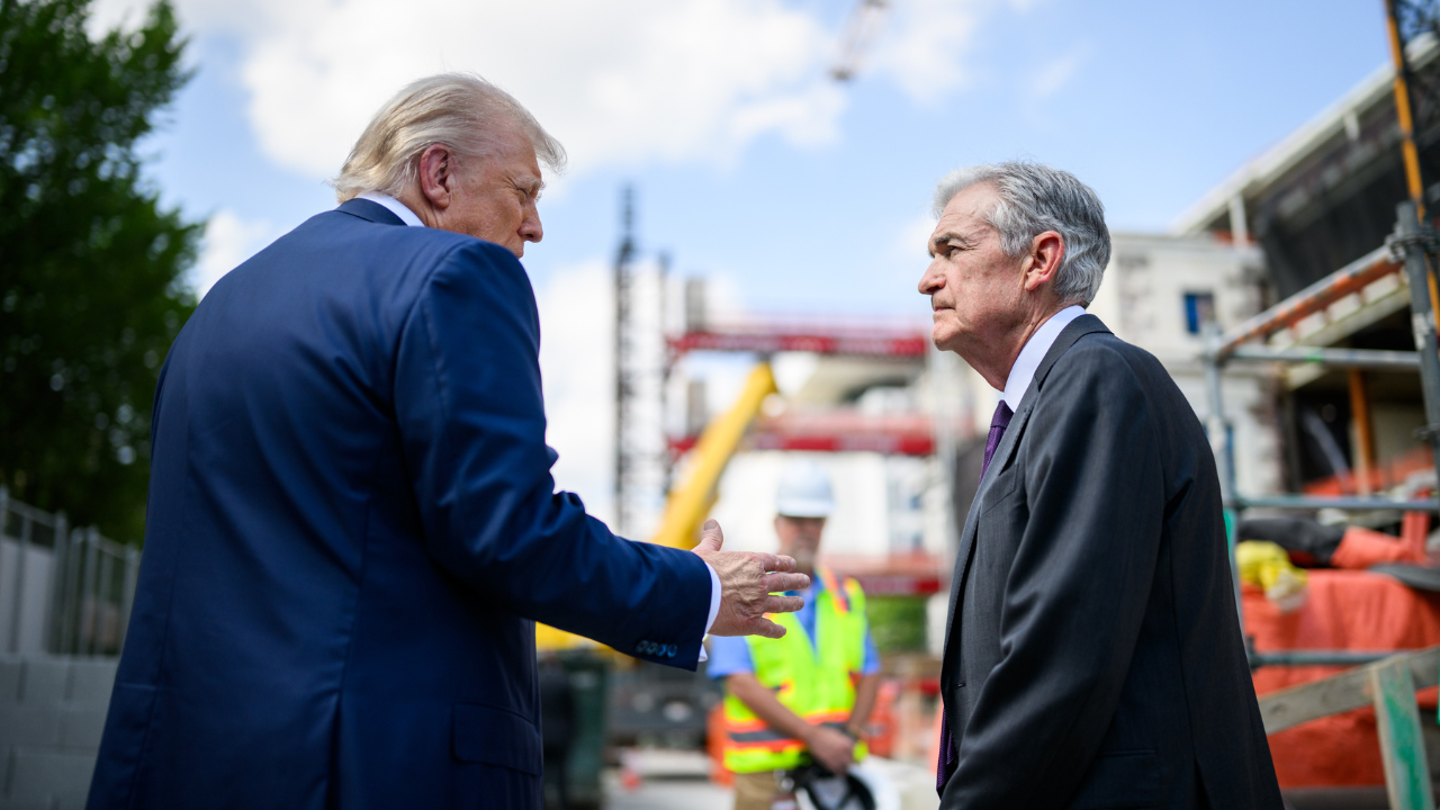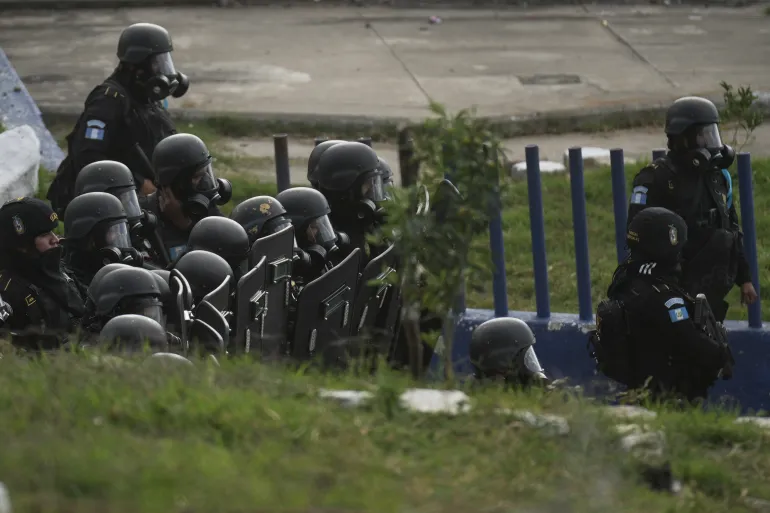European Commissioner for Enlargement Marta Kos is in Chișinău this week with warm words and a hard truth: EU money is coming, but only if Moldova keeps delivering reforms—and even then, on a project-by-project drip. For a country that just cut its 2025 growth forecast to 1.3% and is wrestling with a swelling trade deficit, the economic price of Europe isn’t theoretical. It’s already landing in the accounts.
Below is what Moldova gains—and what it must pay—on its road to the EU.
Moldova’s economy has been nudged down: growth for 2025 was trimmed from 2.0% to 1.3%, mostly because exports underperformed while energy imports came in higher than expected. Agriculture—still weather-sensitive—dragged last year; better harvests may stabilize things late this year, but that’s a patch, not a cure.
Officials lay out three medium-term paths:
- Baseline (gradual reforms): ~1.5–2.0% annual growth
- Partial execution: up to 3.6% by 2028
- Full EU Growth Plan execution: up to 4.3% by 2028
Translation: the only way Moldova gets meaningfully faster growth is by fully executing an unusually demanding program of EU-style reforms and investment. That’s the “price” baked into the promise.
Brussels has flagged a €1.9 billion package. Moldova has received roughly €300 million; the rest will arrive in stages, conditional on reforms and specific projects. Most of it targets infrastructure and regions/villages, with strict transparency requirements.
Meeting EU standards requires new systems, audits, and compliance. Even a seemingly technical change like adopting the Extended Migration Profile (EPM) now obliges 26 institutions to collect/report data to EU specs. That takes people, software, training—and money. Moldova must prepare bankable projects, run clean tenders, supervise works, and report results. Any bottleneck (staffing, procurement, co-financing) slows disbursement. Slow money = slower growth.
With elections looming on September 28, the Commission is blunt: a political turn against reforms could delay or derail funds. That uncertainty widens risk premiums and cools private investment just when the state needs it.
Weaker-than-expected exports and pricier energy imports are doing the damage. Yes, the new EU trade regime improves market access, but firms still face the upgrade bill to meet EU quality, sanitary, and technical standards. For small producers, that’s a real cash strain before any export payoff.
Higher import costs don’t only hit the macro balance; they soak up EU cash that might otherwise go to productivity-boosting projects. Without faster diversification and efficiency, Moldova spends more just to stand still.
There are green shoots. Private consumption rose 6.3% in Q1, helped by incomes and credit. Business investment jumped (+26.8% in Q1, +25% in Q2), aided by policies like 0% tax on reinvested profits. The country completed EU screening, joined “Roam Like at Home,” and secured a new trade regime. All positive signals for investors.
But here’s the catch: these are signaling wins. The material gains (productivity, export diversification, cheaper capital) depend on execution in sectors that historically struggle: roads, rail, energy, justice, and public administration. The reform timetable is tight; the fiscal space is not.
Big EU-backed builds typically require local money up front and long-term upkeep after. That shifts pressure onto the national and local budgets for years. Aligning with EU acquis means rewriting rules, retraining regulators, upgrading IT, and enforcing standards—costs that show up as salaries and software rather than shiny ribbon-cuttings.
Markets price reform credibility. Pre-election rhetoric about pausing or reversing EU-aligned reforms translates into dearer borrowing and slower FDI—another stealth cost.
The Economic Ministry’s own list is sobering: escalation in Ukraine, global slowdowns among key partners, energy shocks, domestic instability, and bad weather. Any one can blow a hole in the plan; several at once would force budget triage. Add regional volatility on Moldova’s borders and you get another line item: uncertainty.
Eurointegration is not a free lunch for Moldova; it’s a pay-as-you-reform menu. In the short run, the country is paying in administrative overhead, compliance upgrades, budget pressures, and political risk—all while managing a weak external backdrop and costly energy imports. The growth prize (3.6–4.3% by 2028) is real, but only if Chișinău executes consistently and keeps the politics aligned with the plan.
Commissioner Marta Kos arrived with congratulations and conditions. Moldova’s choice is the same as ever: deliver the hard stuff now—projects, transparency, rule-of-law—and bank the payout later. Delay, and the economic price of Eurointegration rises while the benefits drift further into the future.









The latest news in your social feeds
Subscribe to our social media platforms to stay tuned